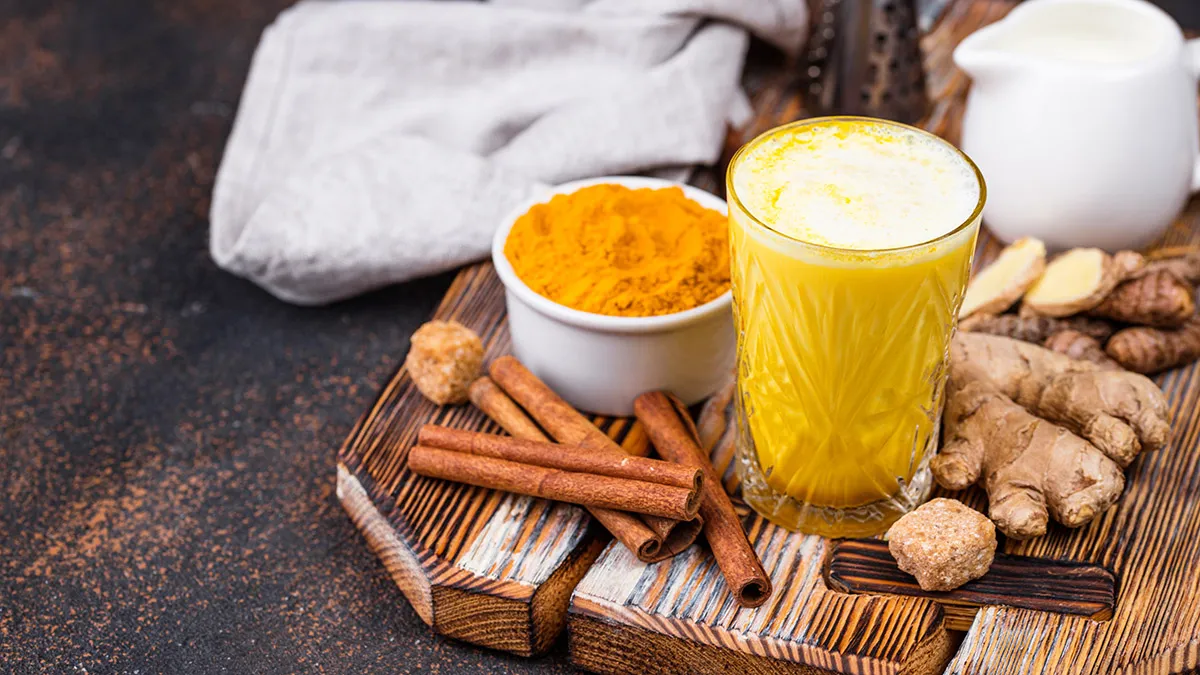Your gut might not be the sexiest topic of conversation, but when it comes to your health and wellness, your gut has a lot to say. A healthy and balanced gut microbiome is foundational to your mental and physical health. It’s time to get gutsy and take an honest look at the state of our digestion. Today, I’ll walk you through what the gut does, why it’s important, and how to give your gut a health boost.
What is the Gut Microbiome?
Your gut microbiome is everything from your mouth to your colon and all the bits in between. This includes your throat, esophagus, stomach, pancreas, liver, gallbladder, small intestine, large intestine, and the many little critters that live within. There are trillions of these microscopic organisms that come in the form of bacteria, fungi, viruses, and cells.
Why is it Important to Have a Healthy Gut?
The microscopic organisms within your gut play many very important roles in your body. Without them, you probably couldn’t survive.
An unhealthy gut is related to auto-immune conditions, diabetes, neurogenerative disorders like Alzheimer’s, and even mental health issues like anxiety and depression. It can make you susceptible to a wide variety of ailments and chronic inflammation.
A healthy microbiome is needed to be able to convert what we eat into the molecules that our bodies need. If you have a healthy gut, you’ll feel more energetic, get sick less often, experience better mental clarity, and have better emotional well-being.
A healthy gut is essential to a strong immune system. Even your mental health is directly affected by the state of your gut. Serotonin is produced in the gut and allows us to feel emotionally stable, happier, and calmer.
Five Fast Facts About the Gut
Your gut is exceptionally intricate and plays many roles in your health and wellness. We could geek out about gut facts all day long, but here are five fun facts about your digestive system that you may have never considered:
- You have 10 times as many microbes as cells in your body right now
- The weight of all the bacteria in your gut weighs more than your brain
- 70-80% of your immune system is in your gut
- If stretched out flat, your gut would cover an entire tennis court.
- Your gut affects your mood and behavior more than your brain does—it produces more neurotransmitters that are responsible for how you feel mentally and emotionally.
What Can Damage a Healthy Gut?
Gut health is all about finding the balance between the good and bad microbes. In your gut, your good bacteria help with digestion and they keep your bad bacteria in check. But this equilibrium can be thrown out of balance throughout our lives. Here are five common reasons why your gut might be off its game:
- Eating processed, chemical-heavy, and unnatural food
- Drinking too much soda and coffee
- Some prescription medications
- Antibiotics, which kill both the good and bad bacteria
- Chronic stress
How to Have a Healthy Gut
Good gut health occurs when you have a balance between the good (or helpful) organisms and bad (or harmful) organisms that live in your digestive system. These five lifestyle changes can do wonders in your belly:
- Improve your diet: The food that you eat affects the diversity of your gut bacteria. Eating poorly can damage and change the composition of your gut microbiome, causing an inability for proper nutrient breakdown. A balanced diet rich in fruits and fibrous vegetables, as well as fermented foods like kefir and sauerkraut, feeds and strengthens the good bacteria in your gut and helps bring balance back.
- Manage your stress: Stress and adrenalin shuts down digestion. Reducing stress allows your digestion to run properly and can even reduce heartburn and acid reflux. Relaxation therapies and strategies, like counseling, yoga, meditation, or a peaceful walk outside could be all you need to help your digestion improve.
- Exercise: Movement as simple as walking can help to keep you regular, lower stress, and promote the growth of healthy bacteria in your gut. Maintaining a healthy body weight via regular exercise can also ward off digestive problems.
- Prioritize your sleep: A lack of sleep increases stress and can cause a host of digestive issues, like bloating, inflammation, and food sensitivities. Sleep deprivation may even lead to changes in your gut microbiome. Give yourself the time and environment for regular 7-9 hour sleeps each night for optimal health.
- Targeted supplementation: Pick your probiotics wisely, and only take what your body needs. Most of our beneficial bacteria live in our large intestines or bowel. Probiotic supplements rarely survive the acid and churning of the stomach or the detergents and enzymes of the small intestine, so prebiotics can be a better option for boosting the good bacteria in your gut.
It’s Time to Go with Your Gut
Your gut is responsible for maintaining and nourishing your entire body. Let’s give it some tender love and care. Give these gut-boosters a go this week and see how much healthier, stronger, and happier you feel!
For more practical tips on health and wellness, hop on my weekly newsletter. If you’re ready to kick your health into high gear, join my 6-week health program, LEAN. Sign up today.



